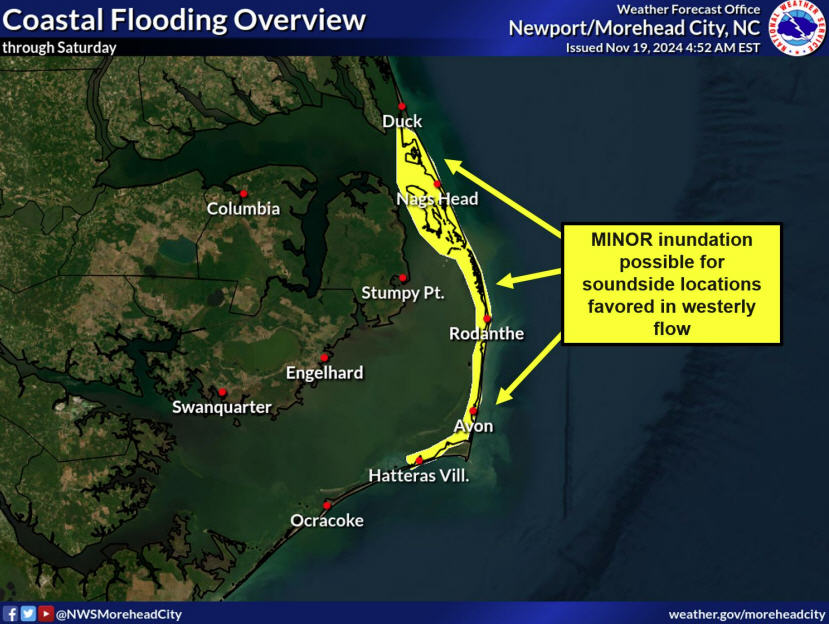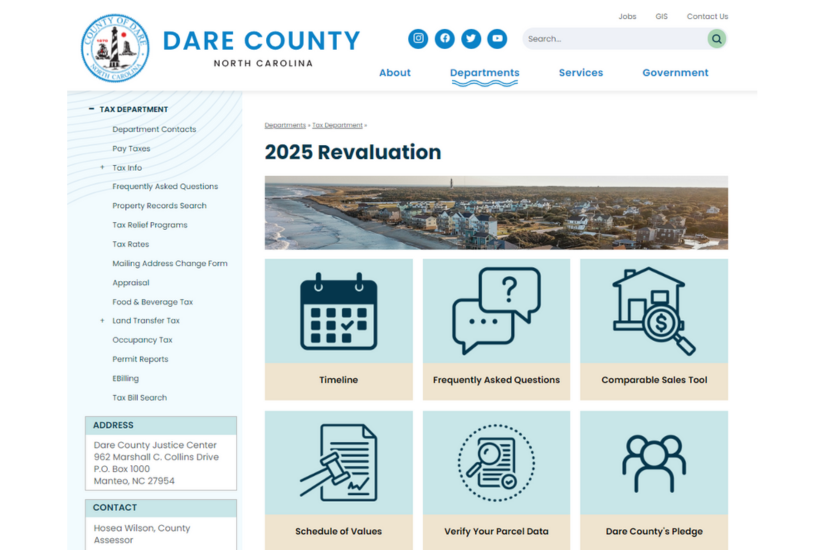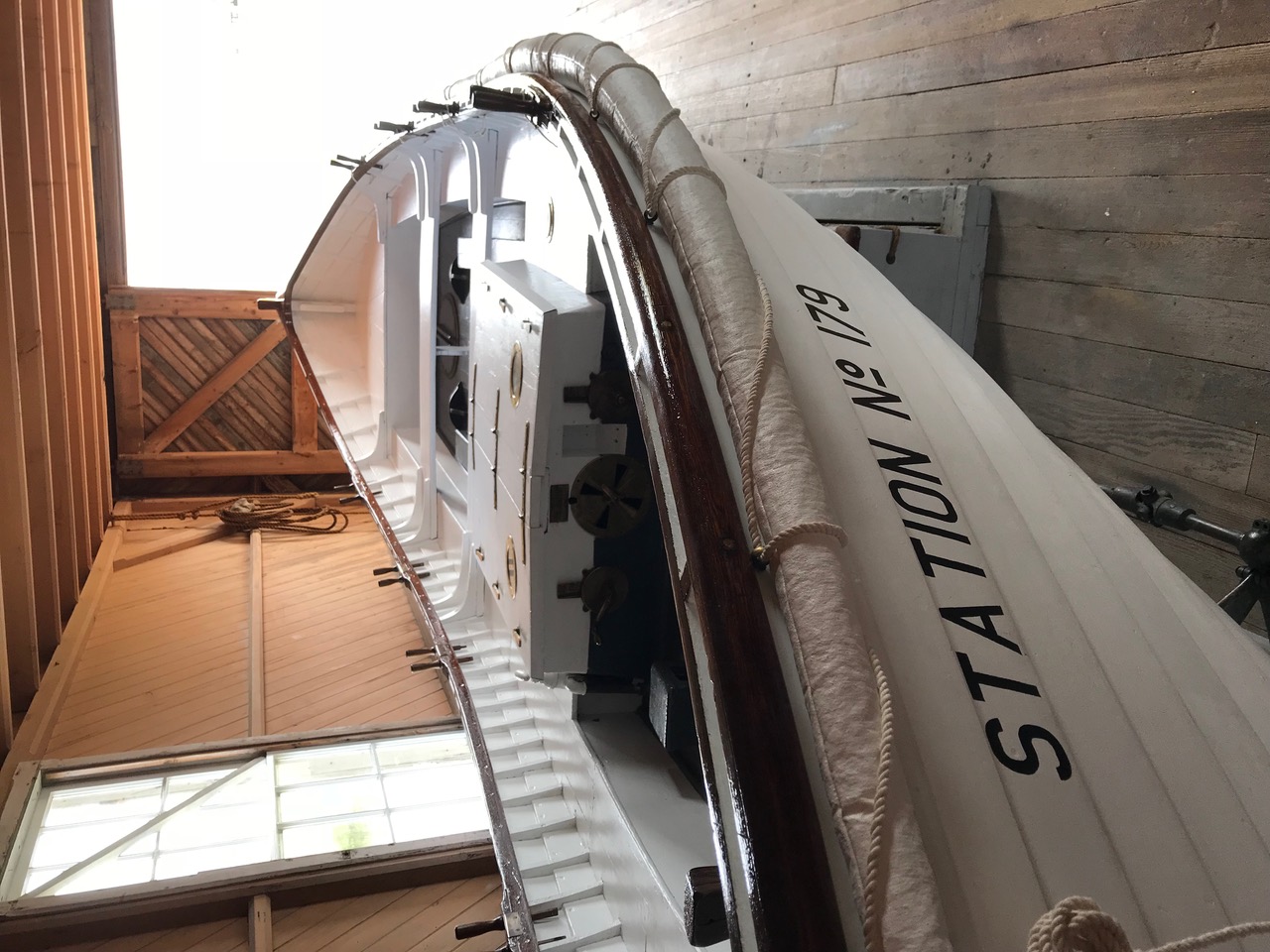It promises to be a long hot summer in the Legislative Building in Raleigh as House and Senate leaders try to come up with a final budget agreement for the next two years with hundreds of millions of dollars and dozens of policy issues in dispute between the two chambers’ spending plans.
A report prepared by staff members that lists the differences between the House and Senate budget runs 372 pages long and does not include many of the major policy sticking points like Medicaid reform and changing the way local sales tax revenues are distributed.
Nobody seems eager to start tackling the daunting process. Speaker Tim Moore says the House is prepared to stay in Raleigh and Senate leaders vow not to adjourn until Medicaid reform is finished.
Maybe that is merely negotiating rhetoric, but lawmakers are planning to take the week after the 4th of July off and reportedly more than a dozen legislators, including some in leadership positions, are planning to attend the ALEC legislative conference the third week of July.
The state fiscal year ends June 30th and local school districts need budget information soon to make plans for the schools that starts in two months, but there’s little urgency in Legislative Building at the moment, just predictions that the session could drag on until Labor Day.
Not too many years ago, Republicans routinely criticized the Democratic majority for the length of legislative sessions and budget debates that spilled into July and beyond. Now people remark on the process, but no one seems troubled by it, no questions about why a Republican House and a Republican Senate can’t agree on a final budget with a Republican governor after promising to run government more efficiently and transparently.
If there is any sense of urgency at all in Raleigh these days, it comes from McCrory who has been busy travelling across the state plugging his $3 billion worth of bonds for transportation projects and infrastructure improvements.
McCrory wants the bonds on the ballot in November, but he will be lucky if he gets them at all. Senate leaders have openly dismissed his proposal for a transportation bond, and key members of both the House and Senate have questioned the size and the projects included in the infrastructure package.
McCrory’s response has been to keep cutting ribbons and having press conferences and staging events across the state, touting the bond package he calls Connect NC.
McCrory spent the first few months of the year crisscrossing the state the same way trying to build support for restoring the historic preservation tax credit program that expired as part of tax reform McCrory supported in 2013.
Supporters of the credit point to models that show it created more than 2,000 jobs a year in the state, not to mention that the scores of downtowns it has helped revitalize. House Republicans reportedly supported a watered down credit at the end of the year’s session, but Senate leaders didn’t go along with it so the credit expired.
The House included the scaled down version of the credit again in their budget this year, but the Senate ignored McCrory’s efforts and refused to make the credit part of its spending plan.
McCrory’s advocacy has moved on to the bonds. At the very least, he’s putting a lot of miles on the state plane and making a lot appearances that may serve him well as he turns toward his reelection effort in 2016.
McCrory still seems at a loss about how to use the powers of his office to get things done in the General Assembly, preferring to travel and talk to local media than confront wavering legislators in his own party. He also seems happier when he is not in Raleigh and likes to blame the failure of his agenda on the “inside the beltline” crowd that he can’t figure out how to influence.
Legislative leaders don’t seem too impressed with McCrory’s media appearances and press releases and are setting in for the long summer and their planned vacation and late July junket to ALEC-land in California.
Ironically, the lawmakers are the folks who need to leave Raleigh, and they seem comfortable here. The governor, who could be in Raleigh pressing his case and talking tough to lawmakers in one-one meetings, is flying all over the state talking to everybody else.
Meanwhile, schools and hospitals and families anxiously wait for the people that are supposed to represent them to do their job and pass a budget for the state.
(NC Policy Watch is a progressive, nonprofit and non-partisan public policy organization and news outlet dedicated to informing elected officials as they debate important issues and, ultimately, to improving the quality of life for all North Carolinians.)














